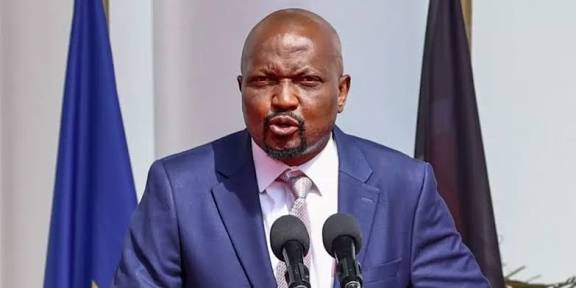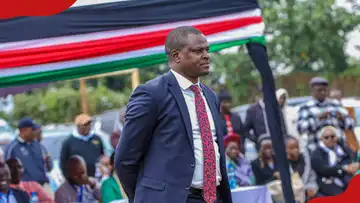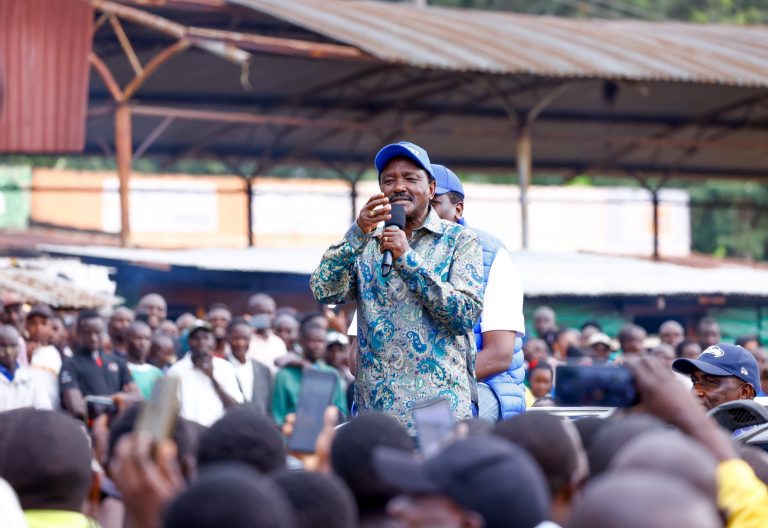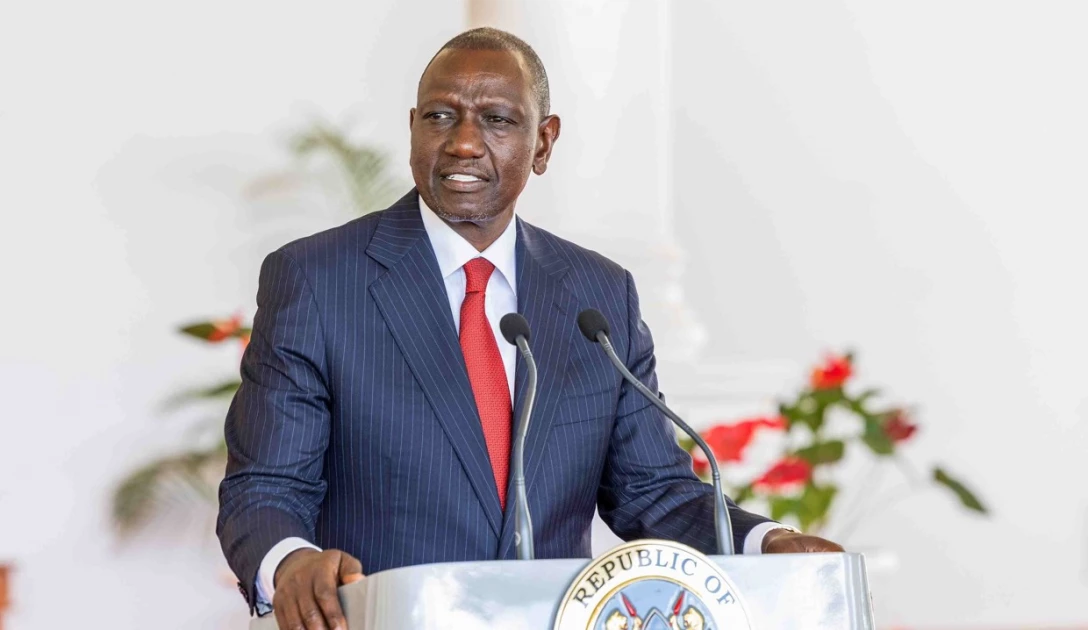
President William Ruto has officially gazetted the appointment of a new IEBC team—defying an active court order and igniting a storm of controversy across the country.
On Tuesday evening, under the cover of dusk, the Head of State named Erastus Edung Ethekon as the new Chairperson of the Independent Electoral and Boundaries Commission (IEBC), handing him a six-year mandate. But it’s not just the appointment that’s making headlines—it’s how it happened.
Despite a High Court ruling on May 19 that explicitly blocked the National Assembly from vetting and approving IEBC nominees pending a petition, Ruto went ahead and announced the appointments via the Kenya Gazette—completely sidestepping judicial authority.
Alongside Ethekon, six new commissioners were appointed: Ann Njeri Nderitu, Moses Alutalala Mukhwana, Mary Karen Sorobit, Hassan Noor Hassan, Francis Odhiambo Aduol, and Fahima Araphat Abdallah. Each will serve on the commission for six years—overseeing a critical period as the nation edges toward the 2027 General Elections.
“I, William Samoei Ruto… hereby appoint…” read part of the shocking gazette notice that has left the legal community and civil society stunned.
The controversial appointments rely on constitutional provisions—Article 250(2) and Section 5(2) of the IEBC Act—but critics argue the move blatantly undermines the rule of law.
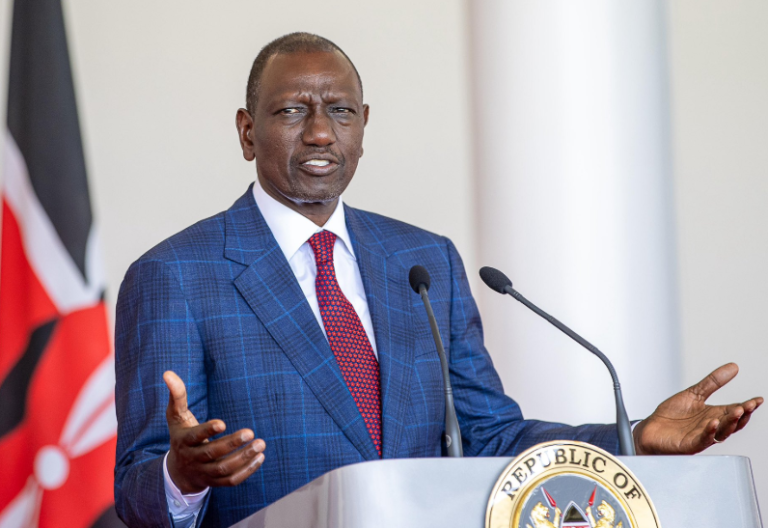
The original court order was issued after civil society petitioners raised alarm over alleged illegalities in the interview process, claiming some names were unlawfully included and warning of executive interference in what is supposed to be an independent institution.
“The nominations are not only illegal but also unconstitutional,” the petition read, citing violations of Articles 10, 232, and 250 of the Kenyan Constitution.
While the High Court later allowed the National Assembly to proceed with vetting, it maintained a strict ban on gazettement and swearing-in—a directive now directly contradicted by Ruto’s Tuesday announcement.
Legal analysts are calling the move a constitutional crisis in the making, with some warning that this may drag Kenya into another courtroom battle—this time over presidential defiance of the judiciary.
As Kenyans wake up to this unfolding saga, one thing is clear: the IEBC saga is far from over—and the stakes have never been higher.




